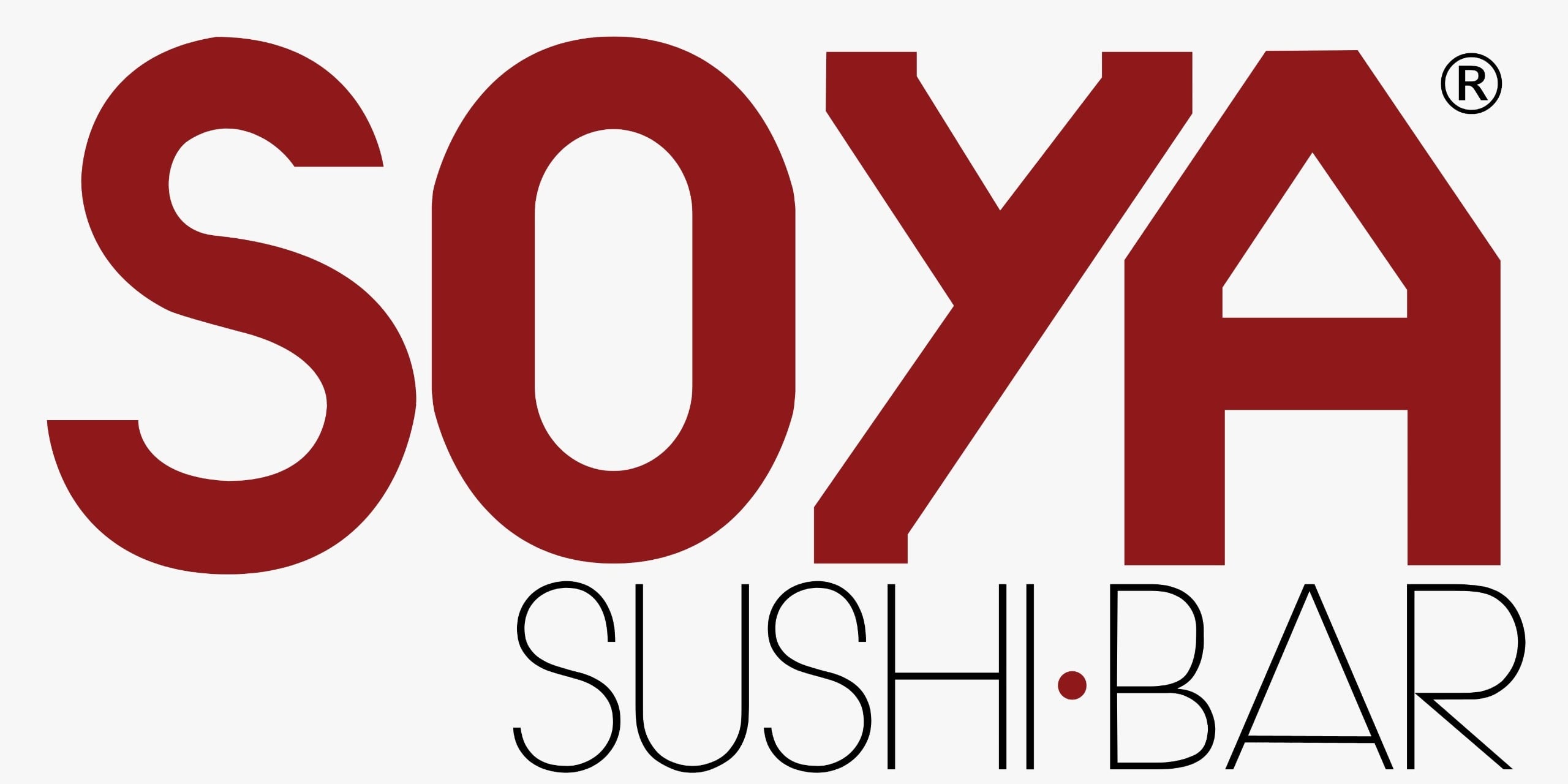110 Chef Jobs in Miami, FL Near You - March 2026
If you're looking for Chef jobs in Miami, you're in the right place. The city's vibrant culinary scene is thriving, and OysterLink currently lists 110 Chef positions near you across restaurants, hotels, resorts, and catering services in the area.
New job listings refresh regularly, and employers are hiring immediately to fill important kitchen roles such as Chefs.
Recent Openings for Chefs in Miami, FL
There have been 2 new jobs posted in the last 10 days, but more get added frequently, providing up-to-date and verified opportunities to find work as a Chef in Miami.
How To Apply for Chef Jobs in Miami, FL
Applying for Chef jobs is straightforward with OysterLink. Each listing includes detailed info on pay, working hours, employer type, and job requirements. You can filter results by:
- Salary range
- Experience level
- Full-time, part-time, or seasonal
- Shift and availability preferences
Employers seeking Chefs in Miami often need staff quickly, so applying promptly improves your chances.
Simply select a job posting, upload your details, and connect directly with hiring managers.
Why Chef Jobs Are in Demand in Miami
Miami's diverse culinary culture drives significant demand for Chefs to work in various dining establishments.
Here are neighborhoods and typical establishments where Chefs are especially sought after:
| Neighborhoods | Establishments |
|---|---|
| Downtown Miami | Fine dining restaurants |
| Coral Gables | Upscale hotels |
| Wynwood | Trendy bistros and cafes |
| South Beach | Resort kitchens and beach clubs |
Miami's reputation as a food destination means there's almost always a steady need for skilled Chefs.
Where Chefs Are in Demand in Miami
Some of the top employers hiring Chefs in Miami include:
- KYU Miami
- Marriott
- Seminole Gaming
What To Expect as a Chef in Miami
Chef roles in Miami commonly involve:
- Menu planning and recipe development
- Preparing and cooking food to order
- Maintaining kitchen cleanliness and safety
- Managing kitchen staff and inventory
Many positions require multitasking, working during busy meal times, and flexibility for evenings and weekends.
Experience levels vary, with some roles suited for entry-level cooks while others demand specialized culinary skills.
Chef Job Benefits and Perks in Miami
Chef jobs in Miami may include benefits like 401(k), employee discount, and other benefits.
Employers recognize the value of attracting and retaining skilled culinary professionals through competitive benefit packages.
Explore More Chef Opportunities Near Miami
Miami is a key hub for culinary careers, and you can also find Chef jobs in nearby cities such as:
- Fort Lauderdale
- Hialeah
- Hollywood, FL
- West Palm Beach
These locations offer additional opportunities with a range of cuisine styles and work environments.
Whether you're looking for Chef jobs near you or exploring Miami's broader culinary scene, OysterLink provides reliable listings from verified employers.
Useful Resources for Chefs in Miami, FL
Here are some useful resources if you're a Chef in Miami:
| Resource | Description |
|---|---|
| Miami-Dade County Jobs Portal | Employment opportunities within Miami-Dade County |
| Florida DBPR Licensing | Licensing info for culinary professionals |
| Florida Jobs & Labor Market | Employment resources and statistics in Florida |


















